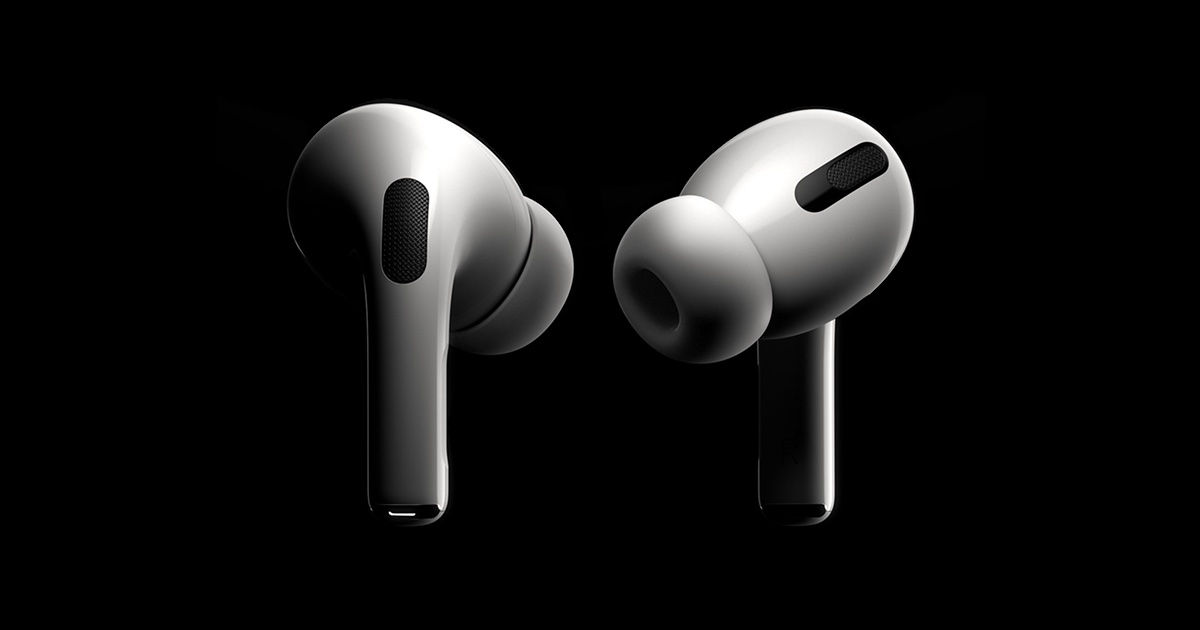
As AirPods Pro were under development in the years before their launch in 2019, Apple was pushed by a small team of HR managers to adopt a more transparent and less secretive work atmosphere for employees, a departure from the ultra-secretive and siloed work culture that leads to most of the company's products.

The revelation comes from a guest article on Fast Company written by Chris Deaver, a former Apple HR manager who worked at the company from 2015 to 2019. In the article, Deaver describes, as is well-known, Apple's stringent culture of product secrecy and confidentiality. Employees working on products such as the Mac or iPad have no insight into what teams working on the iPhone or other products are doing, creating a great sense of exclusion for some employees.
That culture of immense Apple secrecy and confinement of information often left employees working on different products and disciplines in uncomfortable dilemmas of not knowing who they can speak to and who they must keep secrets away from out of fear of legal or work-related punishments. "How do I operate like this? If I can only share information with certain people, how do I know who and when? I don’t want to end up fired or in jail," Deaver quotes one employee saying during his time at the company.
Beyond personal and social dilemmas for employees, the culture of secrecy also caused friction across teams at the company. Deaver describes his role as part of the HR department as having to deal with internal disputes, which he said often came from complaints of "that team not sharing."
Deaver, alongside a close business friend, Ian Clawson, conceived a small team of HR experts and partners to think of a new, more transparent way for Apple's teams to work that would result in less friction during the development of products. Deaver said he was inspired to do this based on his experience having seen the development of the original AirPods, which reportedly left staff feeling burned out and frustrated.
The brainstorming of this team ultimately led Apple to adopt a more transparent and collaborative work culture for the AirPods Pro. Instead of separate groups working in silos, all on the same products but not being able to communicate or work together, Apple opted for an open, free-flowing workflow for the AirPods Pro.Teams were innovating for months in silos only to finally converge in the eleventh hour before launch, ending up in five- or six-hour-long daily meetings, causing tremendous friction and burnout. People were frustrated. They wanted to leave or to “never work with that one person again.”
How could Apple have avoided the internal turmoil we faced with the development of AirPods? How do cultures take the shape they do? These questions and the inspired sessions with Ian, led me to form a mini braintrust at Apple. As a small group of HR partners, we started to explore this by getting curious about the Apple culture.
The new culture was internally dubbed "Different Together," a play on Apple's iconic "Think Different" campaign. Part of Apple's priority in maintaining high secrecy is preventing leaks and rumors about what the company is working on. As Deaver tries to prove, Apple can both be secretive and collorbaritve simultaneously, as demonstrated by the development of AirPods Pro.As teams converged with leaders becoming more open, connected, and driving higher quality collaboration than ever before. We spent time coaching, collaborating, and influencing key leaders and engineers driving the next frontier of AirPods. What emerged was a braintrust with regular sessions, openness, and connection that brought to life the insanely great, noise-canceling AirPods Pro. It was a testament to innovation, but also to the power of sharing. Yes, sharing could be done in the context of secrecy.
Article Link: AirPods Pro Development Pushed Apple Toward Less Internal Secrecy and Greater Collaboration, Says Former HR Executive

